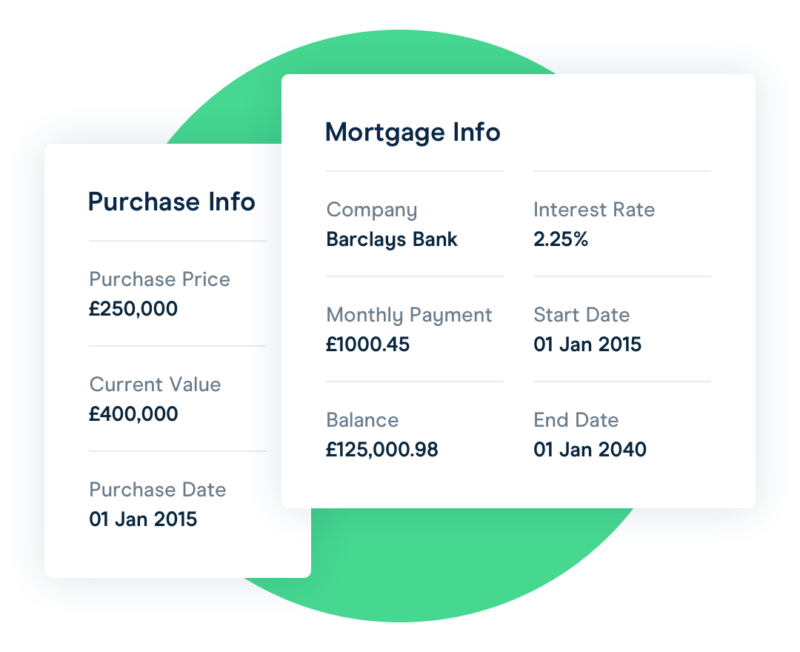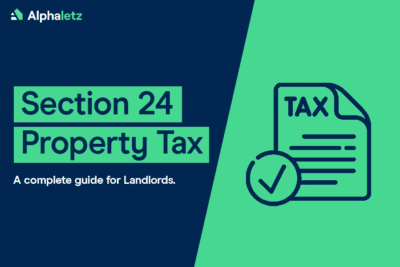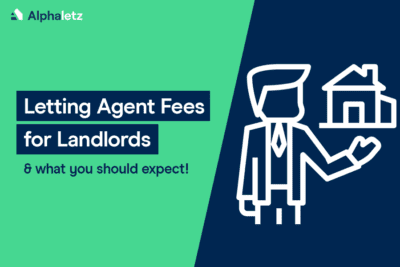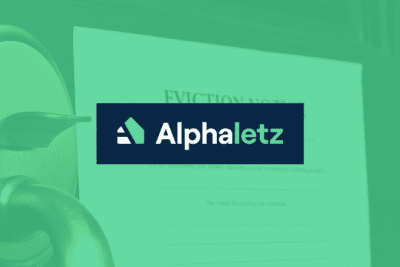If you want to rent your property on a seasonal basis, you’re about to dip your toes into the world of holiday letting. While that can sound like a relatively profitable thing to do, it can be a hard adjustment when you’re only used to long-term lets.
You probably have many questions right now. What makes a holiday let so different? Are there any specific legalities involved? And could you turn a good profit here? These are all common issues we’re going to explore below.
Running a successful holiday let can be challenging for the uninitiated, but it’s relatively easy to pick up once you know what you’re doing. Here are some of our expert tips to get you started.
Keep in mind we also wrote a blog on self-managing rental properties that aren’t holiday lets, you can read it here!
What is a Holiday Let?
Holiday lets are properties that are only ‘let out’ on a short-term basis during holiday periods. Most tenants will only be around for 4 to 7 days at a time, even if they’re not specifically on holiday during their stay. Holiday lets tend to come fully furnished as the owners intend for them to be a home away from home for a few days or weeks; they often provide a stunning, sometimes luxurious experience to anyone visiting the area.
Can You Let A House as a Holiday Home?
Turning a house into a holiday let is totally possible, even if you’ve lived there previously and want to change tack. Most of all, you’ll need to get in touch with the local authority to see if planning permission will be required – more on that later.
Aside from that, if you’re planning to move house and use your old home as a rental holiday let, you can apply for a change of use to holiday let without much issue. It’s only if you plan to stay there from time to time that complicates the process.
How Can I Prepare My Property for Holiday Letting?
When you’re getting started on the research, it can be intimidating to decide when the right time is to jump in. Here are some simple tips from us on how to set up a holiday rental property.
What Fixtures Should Be In A Holiday Home?
All holiday properties should be self-catering, so the kitchen is the main room to focus on. It must feature all modern home amenities, like a dishwasher, microwave, and plenty of crockery for guests.
It’s best to create an inventory list for your holiday home to ensure you’ve furnished it well and can keep track of furnishings from tenant to tenant.
Legal Requirements Of Holiday Letting
Is a holiday let classed as residential? Generally, no. You’re only using the property to serve short-term tenants, meaning the house is no longer a private residence. In the UK, a property is classed as a holiday let if it’s available to be booked for 210 days a year or more. This also makes it eligible for the Furnished Holiday Let tax. You must also show clear signs of advertising the property throughout the year for it to fall under this commercial definition.
Planning Permission
If you’re letting out a previous holiday home, you won’t need to go into planning permission applications. But if you’re putting a previously residential property on the holiday market, you’ll need to apply for holiday let planning permission.
You’ll need to check on the ‘use class’ the property currently falls into; if the house falls into this category even as a holiday home, you don’t need to go any further. However, you may also want to check to see if renovations or conversions are allowed.
Get in touch with your local planning authority to find out what class your property is in and whether or not this could become a tricky legal area for you.
Advertising Your Accommodation
Many online platforms for advertising a short-term holiday let, such as AirBnB, can attract thousands of impressions per day. If you’re promoting an older property, there are also a variety of websites orientated towards vintage homes, such as Coast and Country Cottages.
You can list your property on any number of these sites, but keep in mind the kind of tenant you’re trying to attract. Base this on your property’s location, number of rooms, facilities, and the maximum length of stay.
Tips on Managing & Running a Holiday Let
If this is only your first time ever running a holiday let, here are our tips on the three biggest things you’ll need to keep in mind.
Dealing With Keys
Most holiday homes are designed to use the self-check ins and outs, meaning dealing with handing over keys is imperative. Many landlords choose to hand over the key in person but then leave a secure dropbox for the guests to return the keys to at the end of their stay.
You could also use smart home technology to allow guests to unlock doors, and log how many people enter and exit. Video doorbells are an excellent way to track this.
Hire A Cleaning Team
Once a guest has left a property, it needs to be cleaned up in time for the new arrivals to settle in. You’ll need a professional cleaning team to manage this. Only hire services who have experience with preparing holiday homes.
Use A Remote Software Platform
Many landlords looking to let for the holidays work closely with property managers, but you don’t have to follow suit here. Instead, you can use software to help you manage your holiday home property.
Award Winning Property
Management Software
The #1 property management software for Landlords & Property Managers, as featured by the NRLA.
For example, a program like Alphaletz allows you to check in with any and all of your properties remotely.
Not only holiday lets, residential and commercial lets too. You can do everything from crunching the numbers to setting reminders for safety and compliance checks. Best of all? You can do all this from the comfort of your phone’s home screen! What could be simpler if you want to rent out multiple holiday homes at once?
If you want to book a demo test of our program, you can quickly sign up via our website for a free unlimited trial for one property. If you still have questions after reading, feel free to send them through to our Contact page. We’re always happy to help!



